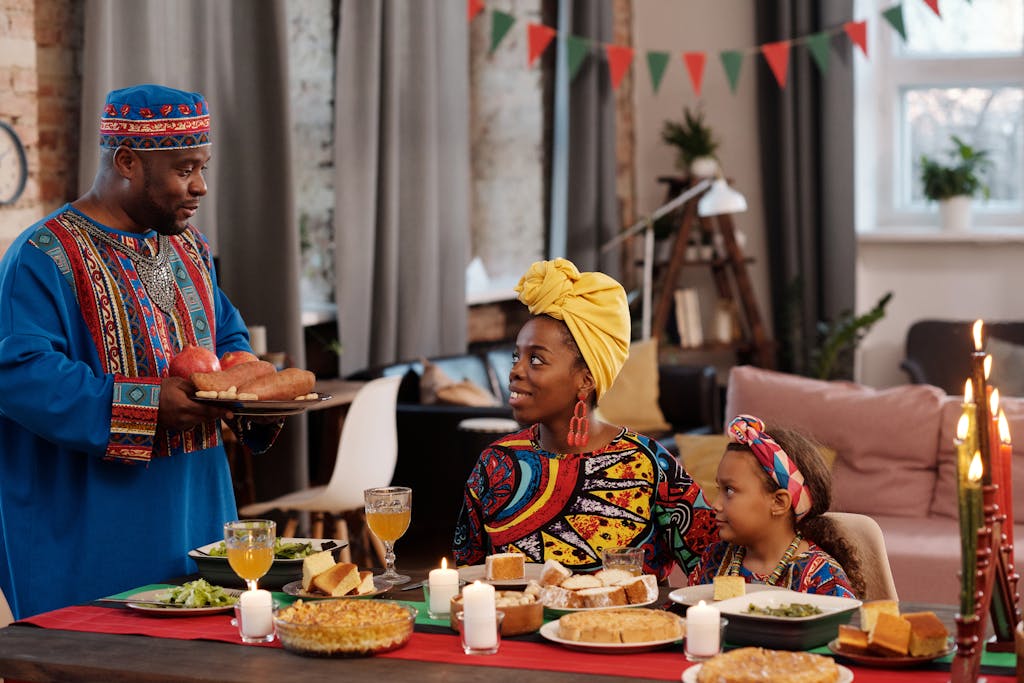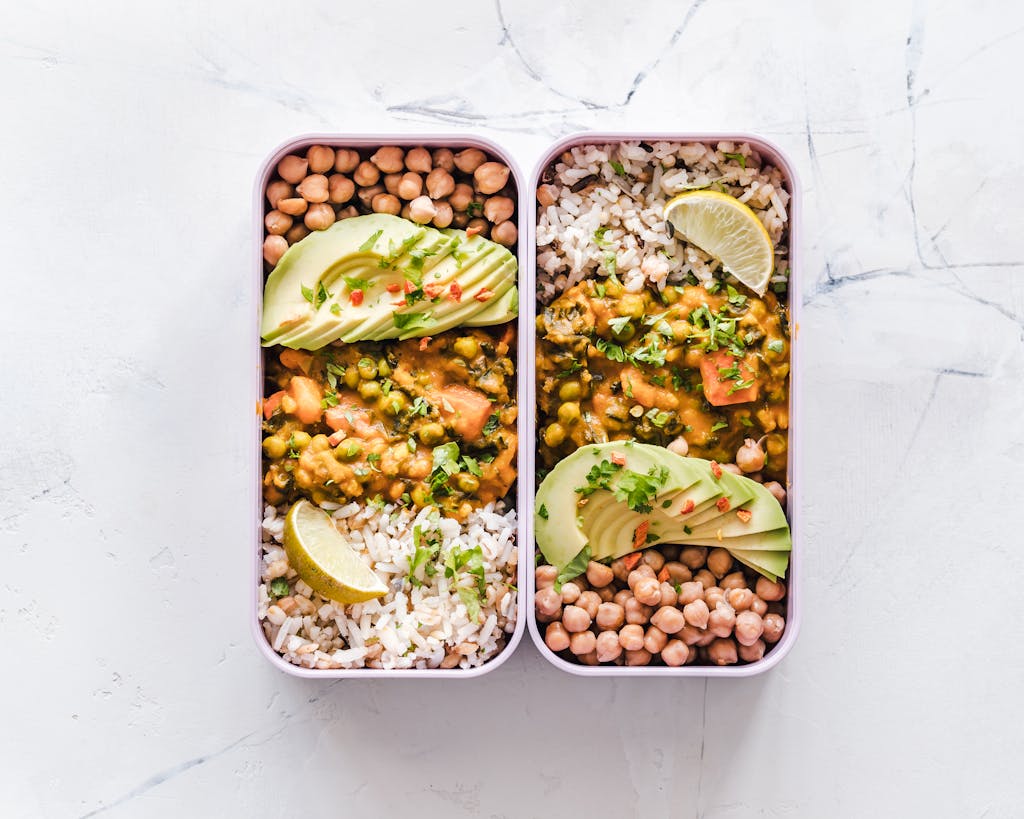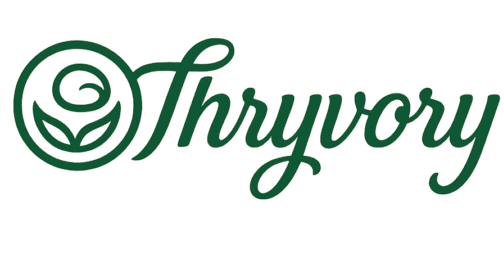World Vegetarian Day: Honoring The People, Not Just The Food
Being a vegetarian in Kenya isn’t about food scarcity. It’s about your decision being respected. World Vegetarian Day should appreciate them.

In a recent meal planning class at university, my group members pushed for a meat-based dish. I hesitated, giving excuses — “meat is expensive,” “it takes longer to prepare” — until I finally admitted: I don’t eat meat, I’m a vegetarian.
I thought they’d get it. Instead they laughed. “Vegetarian food is boring.” “Sweet potato vines? That’s what you eat?” “Is this some religious thing?” These are just some of the questions I was asked.
They chose meat anyway and made a small side dish “for the vegetarian.”
That hurt more than the plate I missed. It showed something bigger: in Kenya where most traditional staples are already plant-based, vegetarians aren’t struggling for food. We’re struggling for dignity and respect. The problem isn’t the meals — it’s the way society treats the people who choose them.
What World Vegetarian Day Has Achieved
World Vegetarian Day was first founded in 1977 by the North American Vegetarian Society, and later endorsed globally by the International Vegetarian Union (IVU). It kicks off Vegetarian Awareness Month, which runs from October 1st to World Vegan Day on November 1st.
Over the decades, it has achieved remarkable things:
- Awareness of benefits – Highlighting the health, environmental, and ethical advantages of plant-based eating. Research shows vegetarians often have lower risks of heart disease, certain cancers, and obesity (Harvard School of Public Health).
- Mainstream exposure – Plant-based diets have moved from the margins to the mainstream, with global brands like McDonald’s and KFC experimenting with vegetarian options.
- Inspiration to try plant-based – Campaigns have encouraged millions worldwide to experiment with “Meatless Mondays” or reduce animal product consumption.
Today, about 8–10% of the global population identifies as vegetarian (Pew Research, 2021). In countries like India, that number rises to 24%, showing cultural roots make a big difference. There is an increase in number of vegans and vegetarians from various countries as a result of the awareness.
The Weakness Of World Vegetarian Day
But here’s the weakness: World Vegetarian Day is awareness-oriented. It focuses heavily on food, health, and environment — not enough on the lived experience of vegetarians.
- Social stigma: Many vegetarians face teasing, exclusion, or assumptions about religion and class.
- Cultural invisibility: In Kenya, despite dishes like githeri, irio, sukuma wiki, and ugali being naturally vegetarian, those who choose vegetarianism are often seen as “different” or “difficult.”
- Economic myth: Vegetarian diets are labeled “expensive,” when in fact legumes, grains, and vegetables are among the cheapest staples.
This creates a gap: the day celebrates the benefits of food choices but rarely celebrates the resilience of the people making those choices in meat-centered societies.
Vegetarianism in Kenya: Numbers and Realities
About 6% of Kenyans are vegetarian, 2% are vegan while 33% are flexitarian. Most Kenyans still identify meals with meat as “complete” and view vegetarianism as unusual.
This is ironic because some of our most iconic foods are already plant based:
- Githeri (maize and beans stew) – a balanced protein-carb dish.
- Irio (mashed potatoes, peas, maize, greens).
- Sukuma wiki with ugali – affordable, nutritious, and eaten nationwide.

Despite this, vegetarians in Kenya often face:
- Mockery in social spaces: Being told constantly that meat is the real food, and “your meals are boring”. Others ask, “Unakula majani tu kwani wewe ni mbuzi?”
- Exclusion at events (vegetarian options treated as afterthoughts).
- Misconceptions about nutrition (“you’ll be weak without meat”).
So in Kenya, the issue isn’t dietary adequacy; it’s social acceptance.
Why Honor Vegetarians?
Vegetarians are not just choosing different plates — we’re practicing resilience every day in environments that don’t always respect our decisions.
- We navigate stigma while staying true to personal, ethical, or health values.
- We inspire inclusivity in food spaces, reminding us that diversity of diet is part of cultural diversity.
- We contribute quietly to climate action and health awareness without often being recognized.
For many vegetarians, it’s not just about nutrition—it’s about navigating a world that often misunderstands, teases, or dismisses their choices.Honoring vegetarians means recognizing their resilience, showing respect, and building spaces where they don’t have to defend their plates.
Share Your Story
This World Vegetarian Day, I’m starting something small in Kenya: honoring vegetarians by sharing their voices.
If you’re vegetarian and want to tell your story (2–4 sentences about your journey, challenges, or joys), please send me a message. Your name can stay anonymous.
By collecting and sharing these stories, we can show that vegetarianism is real, diverse, and rooted in culture—not “boring” or “strange” and can encourage another person going through the same.
final Thoughts
Being vegetarian in Kenya isn’t about missing out — it’s about choosing a path that aligns with health, culture, and compassion. Yet too often, vegetarians are treated as outsiders, even in spaces where our traditional meals have long been plant-based.
This October, join me in honoring vegetarians in Kenya. Their voices, their stories, and their dignity matter.
In the end, it’s not about dividing meat-eaters from vegetarians — it’s about building understanding, one shared story and one shared meal at a time.


